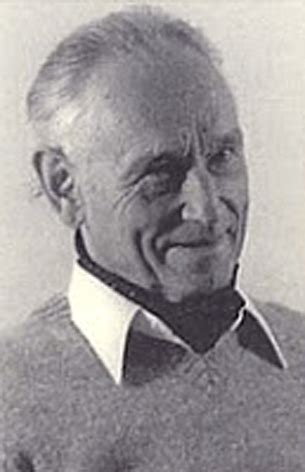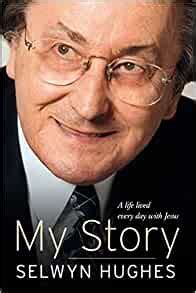A Quote by Ibn Ata Allah
If He opens a door for you, thereby making Himself known, pay no heed if your do not measure up to this. For, in truth, He has not opened if for you but out of a desire to make Himself known to you. Do you not know that He is the one who presented the knowledge of Himself to you, whereas you are the one who presented Him with deeds? What a difference between what He brings to you and what you present to Him!
Related Quotes
Wine makes a man better pleased with himself. I do not say that it makes him more pleasing to others. Sometimes it does. But the danger is, that while a man grows better pleased with himself, he may be growing less pleasing to others. Wine gives a man nothing. It neither gives him knowledge nor wit; it only animates a man, and enables him to bring out what a dread of the company has presented.
Humility collects the soul into a single point by the power of silence. A truly humble man has no desire to be known or admired by others, but wishes to plunge from himself into himself, to become nothing, as if he had never been born. When he is completely hidden to himself in himself, he is completely with God
To worship God in truth is further to admit that we are entirely contrary to Him, and that He is willing to make us like Himself if we desire it. Who will be so imprudent as to turn himself away, even for a moment, from the reverence, love, service and continual adoration which we most justly owe Him?
Consider the idea of a God who is essentially sadness and longing, yearning to reveal himself, to know himself through a being who knows him, thereby depending on that being who is still himself - yet who in this sense creates Him. Here we have a vision which has never been professed outside of a few errant knights of mysticism. To profess this essential bipolarity of the divine essence is not to confuse creator and created, creature and creation. It is to experience the irrevocable solidarity between the Fravarti and its Soul, in the battle they undertake for each other`s sake.
The law of giving and receiving is fundamental, and relates just as much to God as it does to us. As we go through the door of giving ourselves to God in worship we find that God comes through that same door and gives Himself to us. God's insistence that we worship Him is not really a demand at all but an offer-an offer to share Himself with us. When God asks us to worship Him, He is asking us to fulfill the deepest longing in Himself, which is His passionate desire to give Himself to us. It is what Martin Luther called "the joyful exchange."
Why had we come to the moon? The thing presented itself to me as a perplexing problem. What is this spirit in man that urges him for ever to depart from happiness and security, to toil, to place himself in danger, to risk an even a reasonable certainty of death? It dawned upon me that there in the moon as a thing I ought always to have known, that man is not made to go about safe and comfortable and well fed and amused. ... against his interest, against his happiness, he is constantly being driven to do unreasonable things. Some force not himself impels him, and he must go.
It is human self-renunciation when a man denies himself and the world opens up to him. But it is Christian self-renunciation when he denies himself and, because the world precisely for this shuts itself up to him, he must as one thrust out by the world seek God's confidence. The double-danger lies precisely in meeting opposition there where he had expected to find support, and he has to turn about twice; whereas the merely human self-resignation turns once.
What are you doing in there, waxing your mustache?” Iggy yelled, pounding on the bathroom door. I yanked the door open and pushed him backward hard, making him stagger. “I don’t have a mustache, you idiot!” Iggy giggled and put his arms up to protect himself in case I punched him. “And you know what?” I added. “You don’t have one either. Well, maybe in a couple years. You can always hope.” I left him in the hallway, anxiously fingering his upper lip.



































